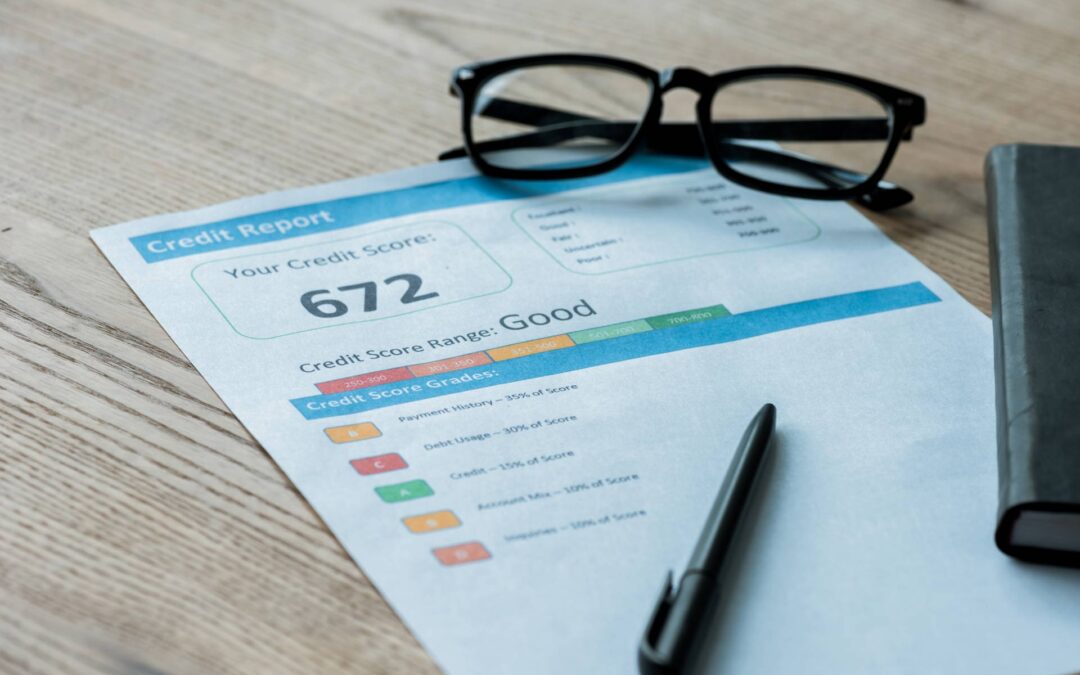Improving your credit score can open doors to better financial opportunities, from lower interest rates to higher credit limits. Here are ten practical steps to help you boost your credit score:
- Register on the Electoral Roll: Ensure you are on the electoral register at your current address. This helps lenders verify your identity and stability.
- Pay Bills on Time: Consistently paying all your bills on time is crucial. Late payments can significantly impact your credit score.
- Update Missed Payments: If you’ve missed any payments, bring those accounts up to date as soon as possible. This shows lenders that you are responsible.
- Apply for Credit Sparingly: Only apply for new credit when you need it. Frequent applications can be seen as a sign of financial instability.
- Reduce Debt: Pay off debt where possible instead of moving it around. Reducing your overall debt improves your credit utilisation ratio.
- Avoid Maxing Out Credit: Try not to reach the credit limit on your available credit. Keeping your credit utilization below 30% is ideal.
- Use a Credit Card Wisely: If you don’t have a credit card, consider opening one. Use it for small purchases like lunches or fuel and repay the balance in full every month.
- Set Up Direct Debits: Set up a direct debit to repay at least the minimum balance on any credit cards. This ensures you never miss a payment.
- Dispute Errors: If there are any inaccuracies on your credit report, dispute them and try to resolve them promptly. Correcting errors can improve your score.
- Monitor Your Credit Score: Keep an eye on your credit score each month. You can do this for free at websites like creditkarma.co.uk
Remember, even with a poor credit history, it is still possible to obtain a mortgage, though the rates offered may not be as competitive. By following these steps, you can gradually improve your credit score and enhance your financial health.

